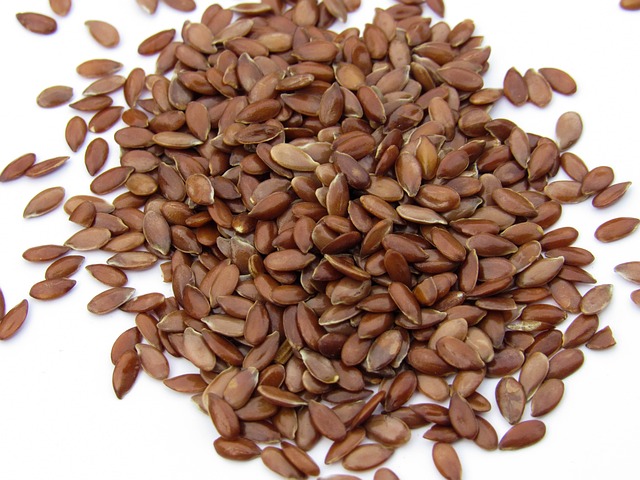is flaxseed good for high creatinine?
is flaxseed good for liver and kidneys?
is flaxseed good for kidney transplant patients?
what seeds are good for kidney disease?
is flaxseed oil bad for kidneys ?
how to use flaxseed for fatty liver?
is flaxseed high in phosphorus?
So many questions revolving around flaxseed safety for kidney patients. Let's see what scientific research says about the effects of flaxseed consumption on kidneys.
Flaxseed is Heart Healthy
Flaxseed contains antioxidant, anti-inflammatory, and antiapoptotic properties.
Rich in omega 3, lignans, fiber, and polyunsaturated fatty acids, flaxseeds help reduce oxidative stress and inflammation and improve cardio heath by lowering blood pressure and improving lipid circulation.
Research finds that flaxseeds exert antiplatelet and antiatherosclerotic actions and have a protective role against oxidative stress (which can result in tissue damage, chronic inflammation, and DNA alteration).
Flaxseeds for kidneys?
Flaxseed is an excellent source of protein, fiber, and omega 3 oil.
It is a rich source of the lignans - antioxidants, which block oxidative stress and progression of chronic inflammatory diseases.
Flaxseed omega 3 oil is rich in ALA and LA , which help reduce total and bad cholesterol levels. ALA is believed to be antiatherogenic due to its anti-inflammatory and antiproliferative (anti-tumor/cell growth) properties.
Flaxseed oil this a boon for hypertension and high blood pressure. This is primarily due to angiotensin converting enzyme that helps regulate blood pressure.
One lab study finds,
Significant reductions in the blood pressure and favourable improvements in lipid profiles following the supplementation of a flaxseed diet is consistent with the antihypertensive and antidyslipidemic characteristics of flaxseed or its individual components. As a result, it could prove useful for improving several biochemical processes of the liver and kidney, including bilirubin.
Supplementation of flaxseed oil may help lower blood pressure, weight and adiposity.
Flaxseeds for creatinine
Flaxseeds lower the serum and kidney creatinine levels. The omega 3 loaded flaxseeds can exert beneficial effects on hypertension-induced modifications in liver and kidneys. Improve functional markers of liver and kidney.
Further lab study shows positive effects of flaxseeds on the health of kidney patients. The study writes,
In conclusion, the dietary flax seed and flax oil attenuated the decline in renal function and reduced glomerular injury with favorable effects on blood pressure, plasma lipids, and urinary prostaglandins.
Another study finds,
In the kidney, flaxseed oil reduced the renal injury in experimental polycystic kidney disease [19]. It also decreased the C-reactive protein and inflammation in chronic hemodialysis patients [20].

Comments
Post a Comment